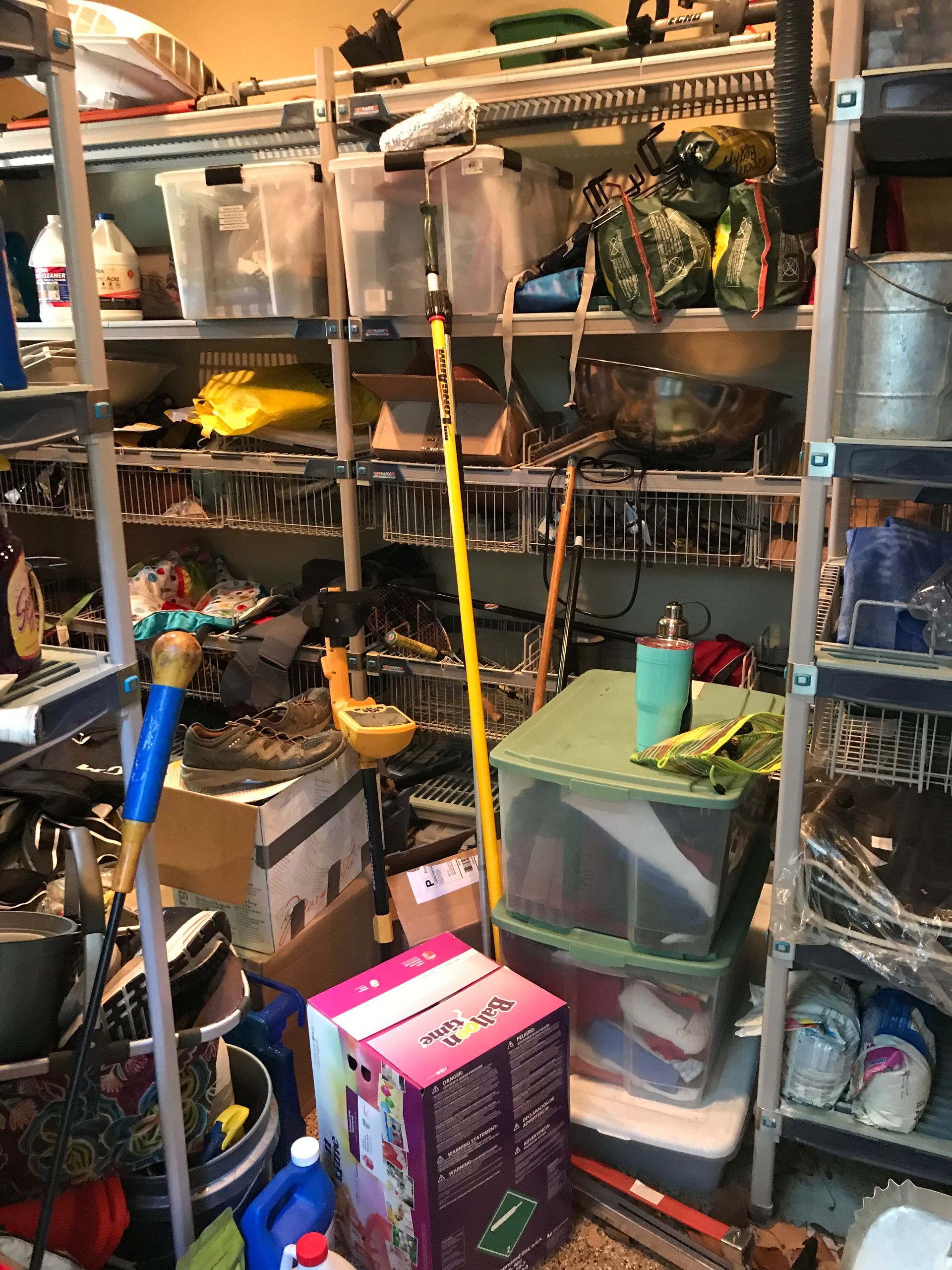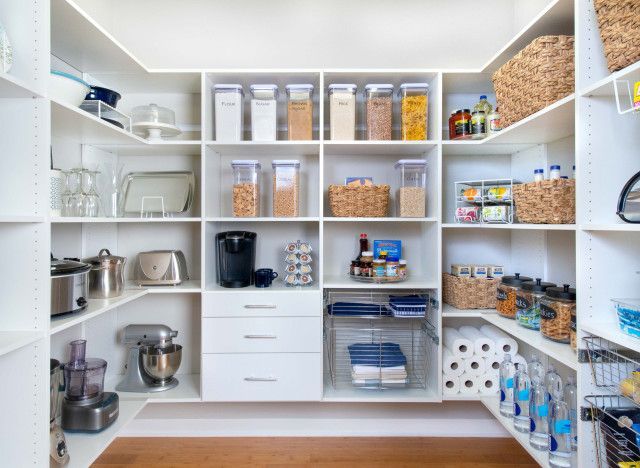Back-to-School Success: Organizational Tips for All Grade Levels
Getting ready for a new school year can be overwhelming, but a bit of organization can make all the difference. In this guide, discover practical tips to streamline your back-to-school preparations, ensuring a smooth and stress-free transition. From creating efficient study spaces to managing schedules, learn how to set up for a successful school year.

Elementary School Kids
Morning Routine Chart
Creating a morning routine chart can be a lifesaver for both you and your child. Start by listing all the tasks your child needs to complete each morning, like brushing their teeth, getting dressed, eating breakfast, and packing their backpack. Make the chart visually appealing by adding pictures or drawings next to each task. Hang it somewhere easily visible, like on the refrigerator or in their bedroom. Go over the chart with your child each morning to help them remember all the steps. Over time, they’ll start to follow the routine more independently, making mornings smoother and less stressful.
Label and Organize Supplies
Teaching your child to keep their supplies organized can help them develop good habits early on. Use labels and color-coded bins to sort their school supplies, art materials, and toys. For example, you can have red bins for lined paper and pencils, blue bins for crayons and construction paper, and green bins for blocks and Legos. Label each bin with both words and pictures to make it easier for young children to identify what goes where. This system not only helps them keep their space tidy but also makes it easier for them to find what they need when they need it.
Create a Visual Schedule
A visual schedule can help your child understand their daily routine and manage their time better. Create a simple chart that outlines their daily activities, such as school, homework time, chores, playtime, and bedtime. Use pictures or icons to represent each activity, making it easy for young children to understand. Hang the schedule in a common area, like the kitchen or living room, and review it with your child each day. This helps them know what to expect and can reduce anxiety about transitioning from one activity to another.
Introduce a Homework Folder
A designated homework folder can make a big difference in helping your child keep track of their assignments. Choose a brightly colored folder and label it with their name. Explain that this folder is where they should put all their homework assignments as soon as they receive them. Encourage them to take the folder to and from school every day. This simple habit can help them learn to manage their responsibilities and ensure that they always know where their homework is.
Set Up and Maintain a Study Area
Establishing a specific study area can help your child focus and develop good study habits. Choose a quiet, distraction-free spot in your home where they can do their homework and other school-related activities. Make sure the area is well-lit and stocked with all the necessary supplies, like pencils, paper, erasers, and pencil sharpener. To keep this space inviting and organized, set aside time each week to tidy up. Have your child empty their backpack, sort through any papers, and make sure everything is in its place. Keeping the study area clean and organized can make it a more pleasant place for them to work and learn.
Middle School Kids
Use a Planner
Introducing your middle schooler to a planner will help them learn how to manage their time more independently. Sit down with them and explain how a planner can track their assignments, projects, and important dates. Show them different types of planners, both paper and digital, and let them choose what they feel most comfortable with. You can help them get started by inputting some initial assignments and setting reminders. Make it a routine to review their planner together, especially in the beginning, to ensure they are using it effectively. This can gradually build their confidence and organizational skills.
Organize School Materials by Subject
Helping your child organize their school materials by subject can make a big difference in keeping their notes and assignments in order. Use separate notebooks and folders for each subject, and clearly label them. This simple step can save them a lot of time when they’re looking for specific materials. Encourage them to keep each folder and notebook updated with recent notes and assignments, and regularly review their organization to ensure everything stays neat and accessible.
Develop a Study Routine
Creating a consistent study routine can help your middle schooler balance their schoolwork with other activities. Work with them to set specific times for studying each day, ensuring they also include breaks and relaxation time. This can prevent burnout and make their study sessions more effective. Encourage them to find a quiet, distraction-free space for studying. Regularly review and adjust the study routine as needed to accommodate changes in their schedule or workload.
Monthly Goal Setting
Encouraging your child to set academic and personal goals each month can help build their self-motivation and focus. Sit down together at the beginning of each month to discuss and write down their goals. These could range from improving grades in a particular subject to trying out for a school sports team. Regularly review these goals and adjust them as needed, celebrating their achievements along the way. This practice helps them learn to set realistic targets and work steadily towards them, fostering a sense of accomplishment and growth.
High School Kids
Plan Long-Term Projects
When it comes to long-term projects, breaking them down into smaller, more manageable tasks is essential. Sit with your child and help them outline the steps needed to complete their project. For example, if they have a month to write a research paper, you can divide the project into tasks like choosing a topic, conducting research, creating an outline, writing the first draft, and then revising. Setting intermediate deadlines for each step can prevent last-minute stress and ensure steady progress. Using a project planner or a dedicated section in their digital tool can make this process more visual and engaging. Make it a habit to review their progress regularly and offer support if they hit any roadblocks.
Organize College and Career Information
The college application process can be overwhelming, but creating a dedicated folder or digital document for all college and career-related information can make it more manageable. Encourage your teen to include important details like application deadlines, admission requirements, potential scholarships, and career exploration resources. Organize this information in a way that makes sense to them—by category, by college, or by deadline. Regular updates to this folder will keep it useful throughout the application process. Using a checklist of tasks and deadlines can help ensure nothing is overlooked.
Keep Track of Application Materials
Centralizing all application materials in one place is a must. Whether it's a physical binder or a digital folder, make sure your teen has a spot for everything they need—transcripts, letters of recommendation, essays, and application forms. Develop a checklist of all the materials needed for each application and encourage your child to check off items as they gather and complete them. Setting specific deadlines for each component can help avoid last-minute stress. Regularly reviewing these materials together can ensure everything is complete and polished.
Use a Filing System
A good filing system is invaluable for keeping important documents organized. Help your teen set up a system for their report cards, test scores, scholarship information, and any other critical papers. Whether you use physical folders or a digital filing system, the key is to categorize and label everything clearly. Make a habit of updating this system regularly—periodic clean-ups can help keep everything current and easily accessible.
Balance Academics and Extracurriculars
Balancing academics and extracurricular activities is crucial for a well-rounded high school experience. Work with your teen to create a schedule that includes time for schoolwork, sports, clubs, hobbies, and relaxation. Help them prioritize their tasks and set realistic goals for both their academic and extracurricular commitments. Regular check-ins can ensure they’re managing their time well and not feeling overwhelmed. Emphasize the importance of downtime and self-care—activities like reading, hobbies, and spending time with friends and family are just as important as schoolwork for maintaining a healthy, balanced lifestyle.









